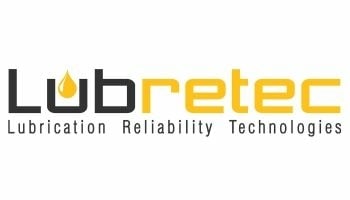What Is Cross-Contamination? | Lubripedia
Cross-contamination is the unintentional mixing of two or more different substances, such as lubricants, fluids, or chemicals, that should remain separate.
In lubrication and maintenance environments, it often refers to the mixing of incompatible oils, greases, or process fluids.
Even small amounts of cross-contamination can cause chemical reactions, reduced performance, or equipment failure.
How Cross-Contamination Occurs:
Cross-contamination can happen during storage, handling, transfer, or maintenance activities.
Common causes include:
- Using the same transfer containers or pumps for different lubricants.
- Incorrect labelling or poor identification of products.
- Shared piping or filtration systems.
- Residual oil left in machinery during oil changes.
- Human error during refilling or top-up operations.
In manufacturing and food processing industries, cross-contamination can also refer to mixing of different materials, chemicals, or biological substances.
Why Cross-Contamination Is a Problem:
When two lubricants or fluids mix, their chemical properties can be altered, resulting in:
- Loss of lubricant performance and film strength.
- Additive depletion or chemical reactions.
- Increased wear, oxidation, or sludge formation.
- Clogging of filters and system blockages.
- Inaccurate oil analysis results.
- Safety or quality issues in production processes.
Some lubricants are chemically incompatible, meaning they separate or thicken when mixed, leading to rapid equipment damage.
How to Prevent Cross-Contamination:
- Store lubricants in clearly labelled and colour-coded containers.
- Use dedicated transfer tools for each product type.
- Clean or flush systems before changing lubricant grades.
- Implement a lubrication management plan or Lubrication Identification System (LIS).
- Train maintenance staff on contamination control best practices.
- Conduct regular oil analysis to detect early signs of cross-contamination.
Proper handling and organisation are key to preventing costly contamination issues.
See Also:
What Is Oil Contamination ?
What Is Water Contamination ?
What Is Oil Analysis ?
What Is Preventive Maintenance ?
What Is Industrial Lubrication ?
